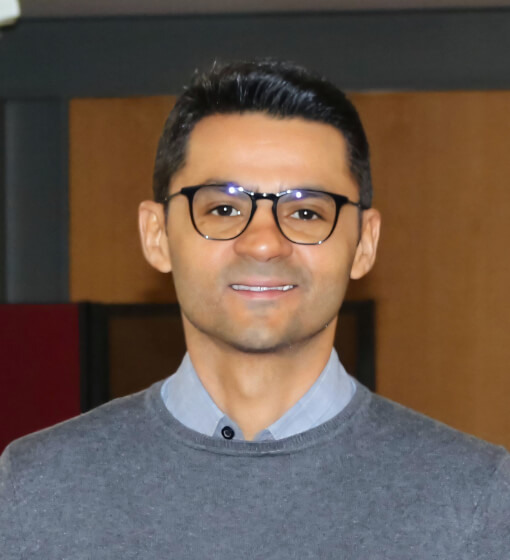OPTISUS-IA: DEVELOPMENT OF AN INTEGRATED ARTIFICIAL INTELLIGENCE TOOL FOR OPTIMIZING SUSTAINABLE PUBLIC TRANSPORTATION SYSTEMS
Public transportation is essential for urban areas, and efficient planning can significantly improve urban mobility while reducing CO2 emissions. In recent years, sustainable transport technologies such as electric, hybrid, and hydrogen-powered buses have emerged as viable alternatives to traditional combustion vehicles.
In the context of decarbonization, selecting and managing sustainable fleets presents complex challenges, including route optimization, demand forecasting, technology selection, and considering economic and socio-environmental factors.
To address these challenges, the OPTISUS-IA project aims to develop a novel solution that combines Artificial Intelligence (AI), multi-objective optimization, and simulation to create more efficient and sustainable public transportation systems.
The project will leverage AI tools to forecast demand, optimize routes, and analyze various operational scenarios, providing a flexible and customizable solution. By employing multi-objective genetic algorithms (NSGA-II and SPEA2), the project will seek Pareto-optimal solutions that balance operational costs and CO2 emissions.
Simulation results using Aimsun Next, which evaluates metrics such as travel time and fuel consumption, will be used to refine the optimization model.
Through case studies in Limeira, Brazil, and Guimarães, Portugal, the OPTISUS-IA project will assess the scalability and adaptability of the proposed solution, serving as a benchmark for other cities. The research findings can inform the development of more effective public policies for urban mobility, contributing to the creation of smarter and more sustainable cities.
Project Team

Ana Borges
